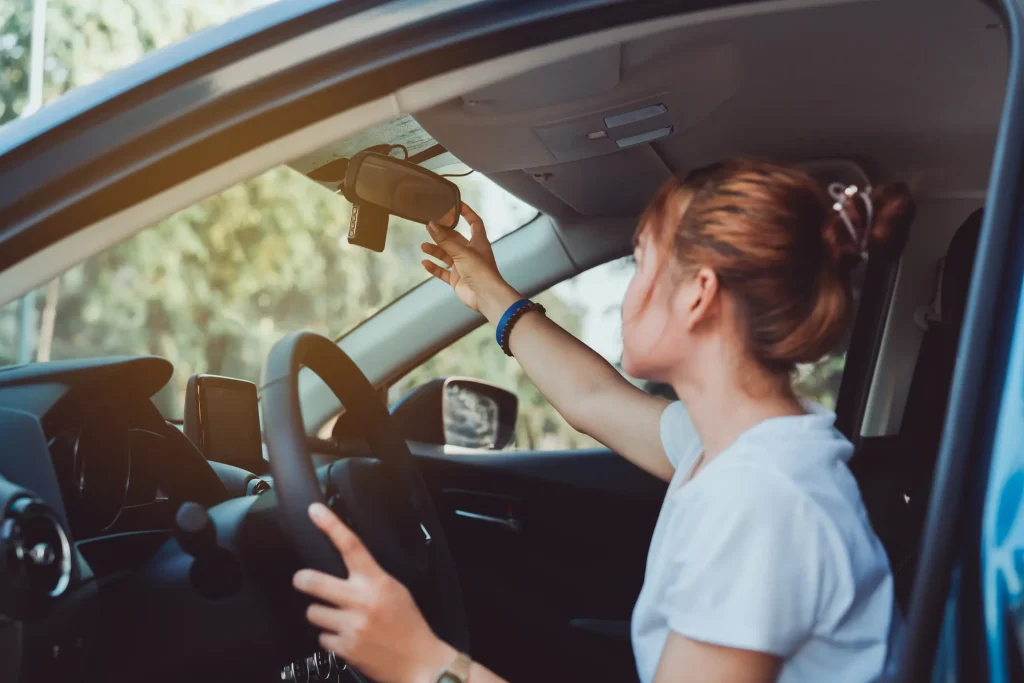Letting Your Child Use Your Car? – Understand Colorado’s Family Car Doctrine

As a parent of a teenager, you likely know the bittersweet experience of handing over the car keys. On one hand, there’s the pride of watching your child take that step toward independence. On the other hand, there’s the anxiety that comes with knowing your child will be out on the road on their own. While your child learns to navigate the streets of Colorado, there’s one important legal concept you should be aware of: the Colorado Family Car Doctrine.
In essence, the Family Car Doctrine can hold you, as a parent, legally responsible if your child causes an accident while driving your car. The law is important for all parents of teenage drivers to understand. It outlines when and how parents may be held accountable for their child’s actions behind the wheel.
What Is the Family Car Doctrine?
The Colorado Family Car Doctrine is a legal principle that holds parents accountable for accidents caused by their children while driving a family vehicle. It holds parents legally responsible for damages when their child causes an accident using a car that belongs to the family household. In many cases, this means that the injured party may seek compensation not only from the teenage driver but also from the parents, if they meet certain conditions.
The law applies when the following factors are true:
The parent is the head of the household: The person who is considered the head of the household (typically the one who owns the vehicle and has control over its use) is held responsible.
The driver is a member of the household: The driver involved in the accident must be a member of the parent’s household. This typically includes children living at home, whether they are minors or young adults.
The parent has control over the vehicle: The parent must have the authority to control the vehicle, which typically means that they own the car or have control over who can use it.
The driver has permission to use the car: The driver must have had either express or implied permission to use the family car. This includes permission for routine use or a one-time occurrence where the parent allowed the driver to take the car.
Negligence is involved: The driver’s negligence must have caused the accident. If the driver was careless—such as speeding, texting while driving, or running a red light—the parent could be held responsible for the damage caused.
The driver’s negligence caused harm: There must be an actual injury or harm caused to another person (or their property) as a result of the driver’s negligence.
This legal doctrine is based on real Colorado court cases. Judges in these cases ruled that parents could be held accountable when their child’s negligence resulted in harm, provided the factors above were met. So if your teenager were to cause an accident while driving your car, and these conditions are met, you could be financially responsible for the damages.
Why Does This Doctrine Exist?
At first glance, the idea of a parent being held responsible for their child’s actions may seem unfair. After all, parents don’t always have control over their child’s behavior once they are behind the wheel. The law exists, however, to ensure that victims of car accidents receive fair compensation for their injuries. If a teenager causes a serious accident while driving a family car, the Colorado Family Car Doctrine ensures that the injured party has a chance to recover damages from the parents’ insurance or personal assets, if necessary.
This doctrine also acts as a deterrent. It encourages parents to take responsibility for the vehicles they own and to take steps to educate their children on safe driving. The Colorado Family Car Doctrine serves as a reminder that car ownership comes with responsibility. Even if you’re not the one behind the wheel, you are still accountable for the actions of those you allow to drive your vehicles.
How Can Parents Protect Themselves?
While no one wants to imagine their child causing an accident, it’s important for parents to take proactive steps to protect themselves financially in case it does happen. Here are some practical ways you can reduce your risk:
Increase Your Insurance Coverage:
The best way to protect yourself is to have adequate insurance coverage for the vehicles your children drive. Talk to your insurance agent about increasing liability coverage, uninsured/underinsured motorist coverage, and adding an umbrella policy. These types of coverage can help protect your assets in the event of a serious accident.
Provide Proper Driver Education:
Make sure your child receives comprehensive driving education. While passing the driving test is essential, real-world driving experience and responsible habits are even more important. The Colorado Driver Handbook is a great place to start, but nothing beats actual road experience. Be sure to give your teen plenty of supervised practice in different driving conditions, and always model safe driving behavior yourself (no texting, speeding, etc.).
Set Clear Expectations and Guidelines:
Clear communication about your expectations for your child’s driving is key. Establish rules about where they can drive, who they can drive with, and what constitutes unsafe driving behavior. Regularly discuss these rules and reinforce their importance.
Consider Not Lending Your Car
One way to avoid the risks associated with the Family Car Doctrine is to limit your child’s access to your vehicle. If your child is not financially independent or still lives at home, you may want to reconsider lending them your car. The Family Car Doctrine no longer applies once a child is financially independent and living on their own.
Can Parents Avoid Liability?
In Colorado, there are a few ways parents might avoid liability under the Family Car Doctrine. In particular, once a child reaches financial independence and no longer lives at home, the doctrine may no longer apply. Additionally, if the child uses the car without permission or engages in reckless or criminal behavior, the parent may not be held responsible.
The key factor in most cases, however, is whether the child’s negligence caused the accident. If the child was driving safely and responsibly, the Family Car Doctrine would not apply. For example, if the teenager was involved in an accident that wasn’t caused by negligence (such as a mechanical failure or a sudden medical emergency), the parents would not be liable to the Family Car Doctrine.
What to Do if You’re Held Responsible
If you’re found responsible under the Family Car Doctrine, the damages can be significant. The consequences may be severe, especially if the accident caused serious injury or death. In such cases, having proper insurance coverage can protect your financial future. You may also want to consult with a lawyer who specializes in personal injury and auto accidents. A lawyer can help you understand your legal options, negotiate with insurance companies, and represent you in the event of a lawsuit.
The Colorado Family Car Doctrine is a critical piece of state law that all parents with teenage drivers should be aware of. While the idea of being held financially responsible for your child’s actions can seem intimidating, there are steps you can take to reduce your risk. By ensuring you have sufficient insurance coverage, educating your child on safe driving, and establishing clear driving rules, you can help mitigate the potential legal and financial consequences of a car accident.
If you’ve found this information helpful or have questions about your legal rights in the event of a car crash, reach out to a knowledgeable attorney at Hoffman Law Firm PC. We can provide you with the guidance and legal representation you need to navigate this complex issue.
